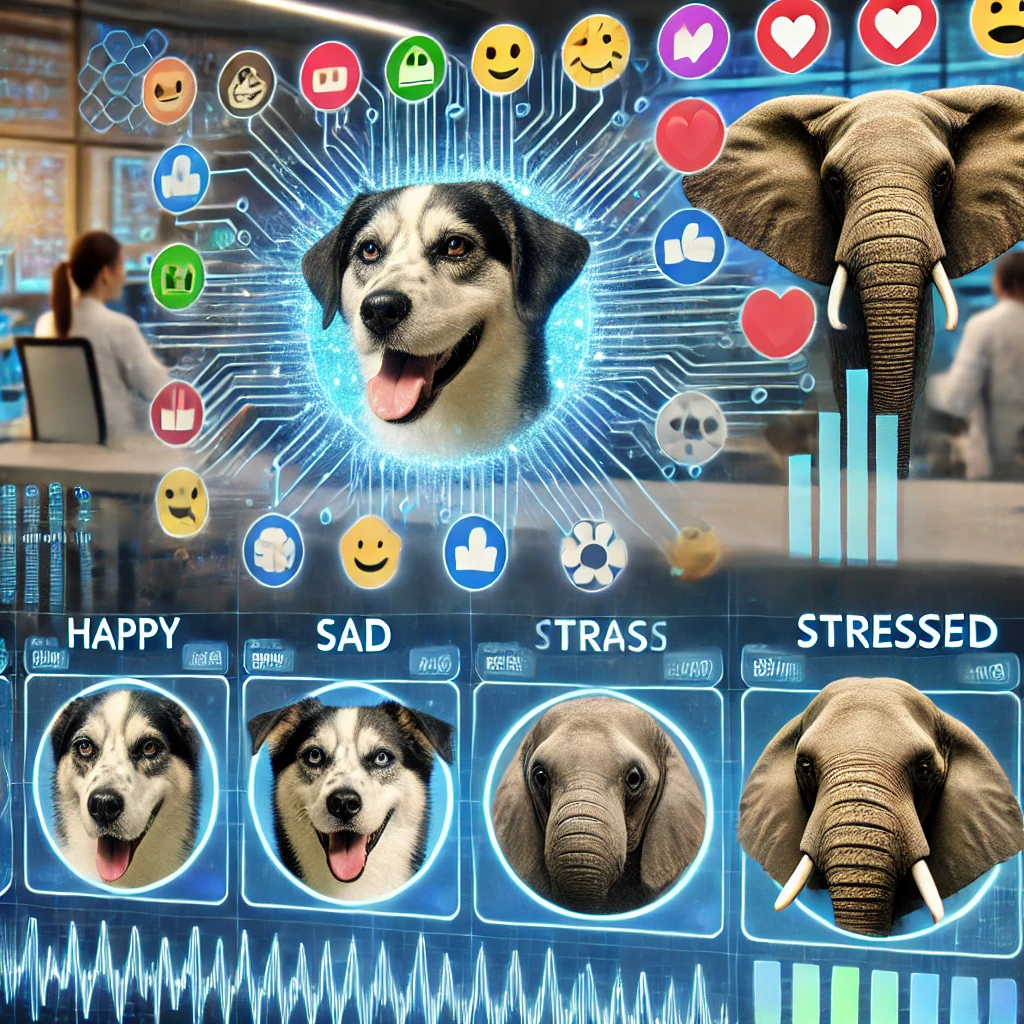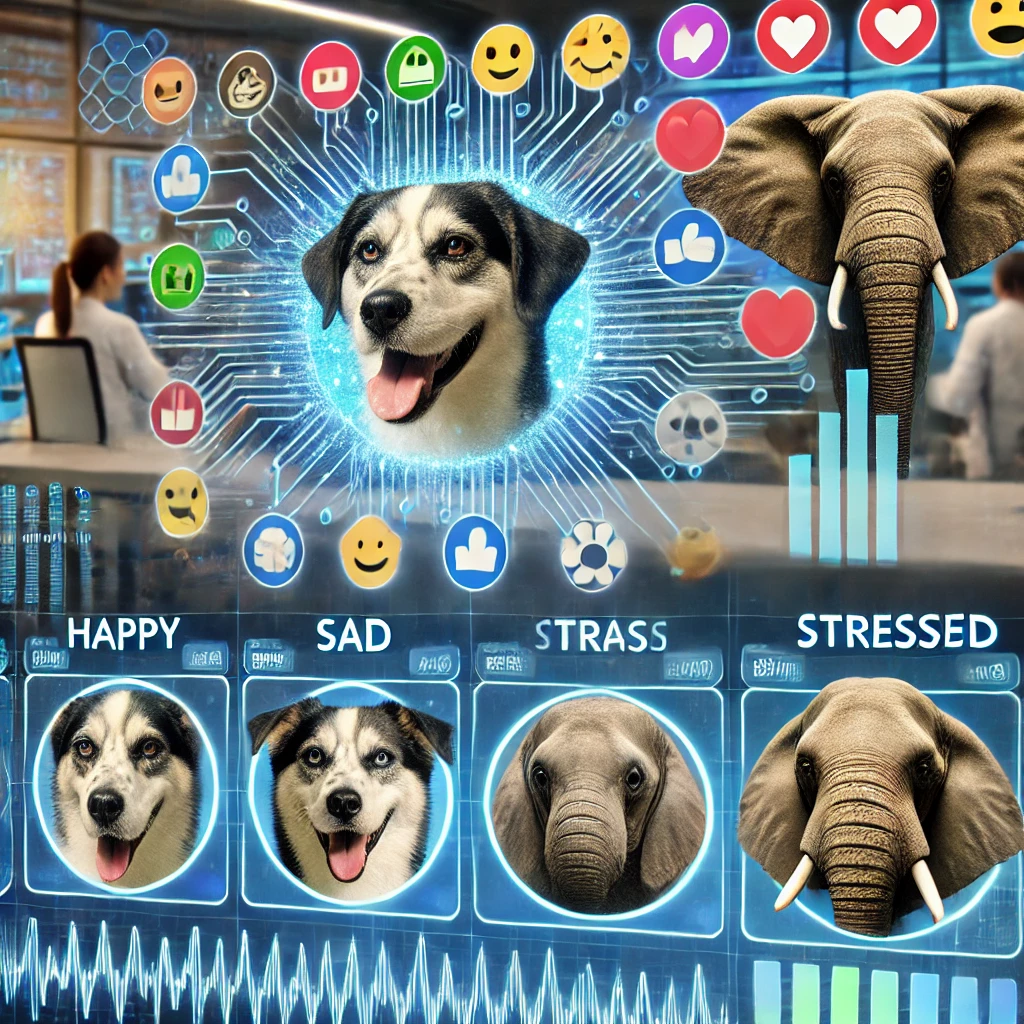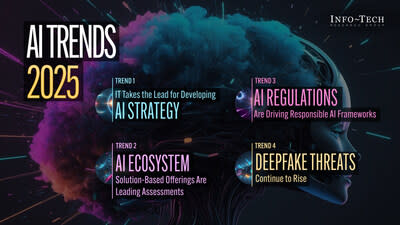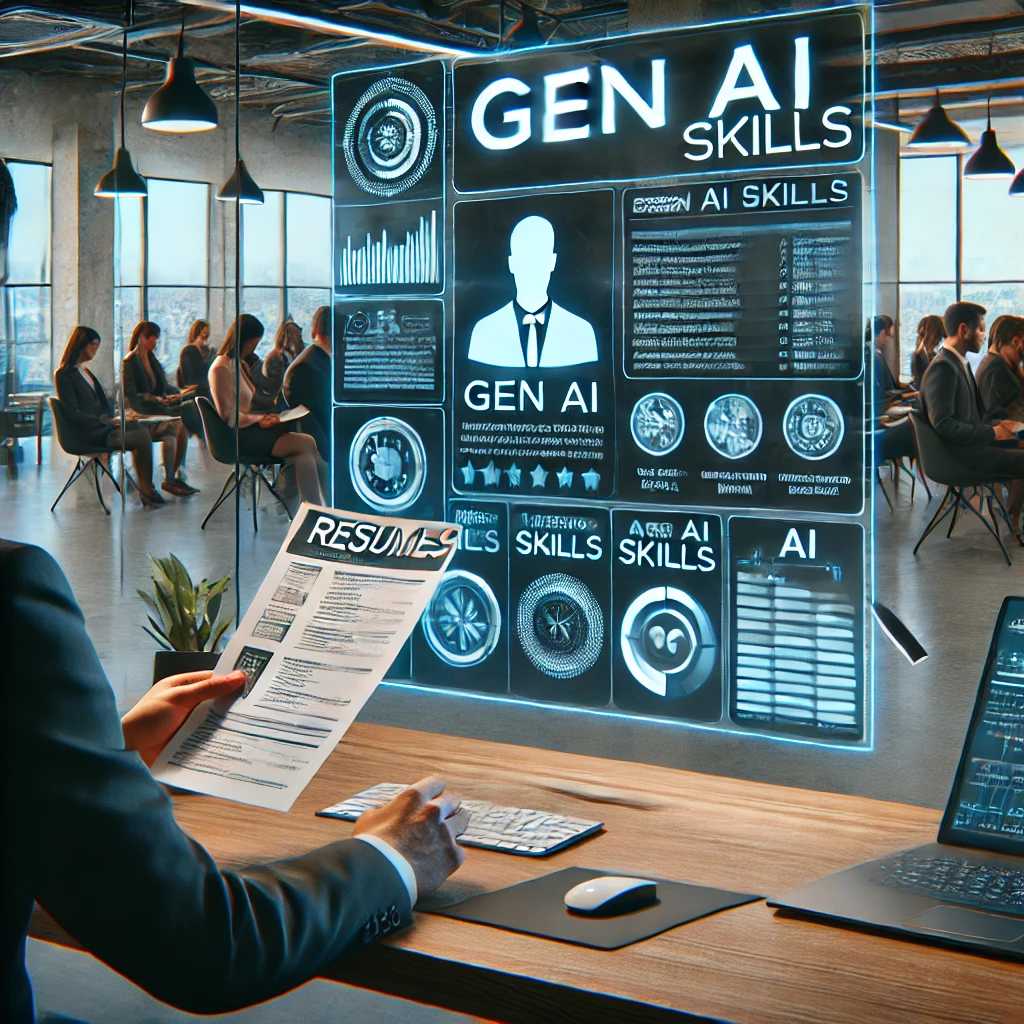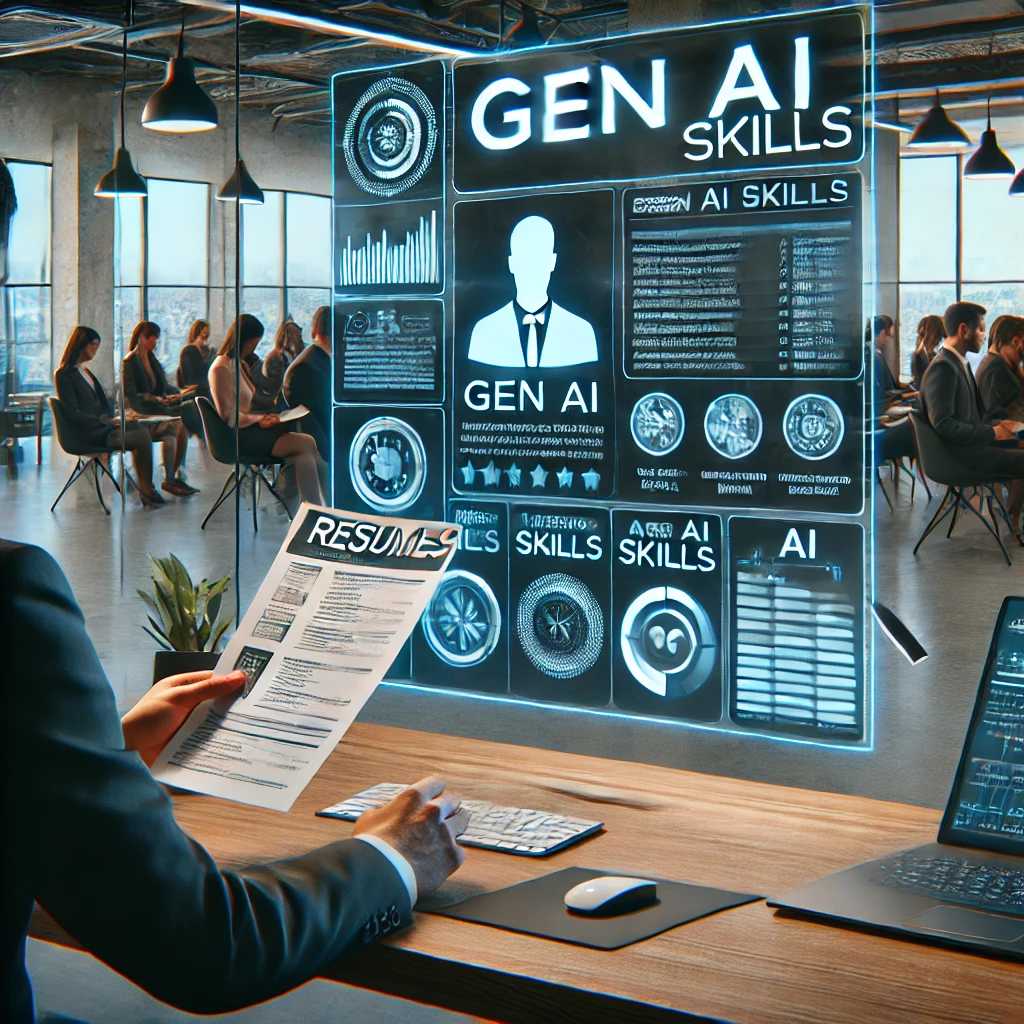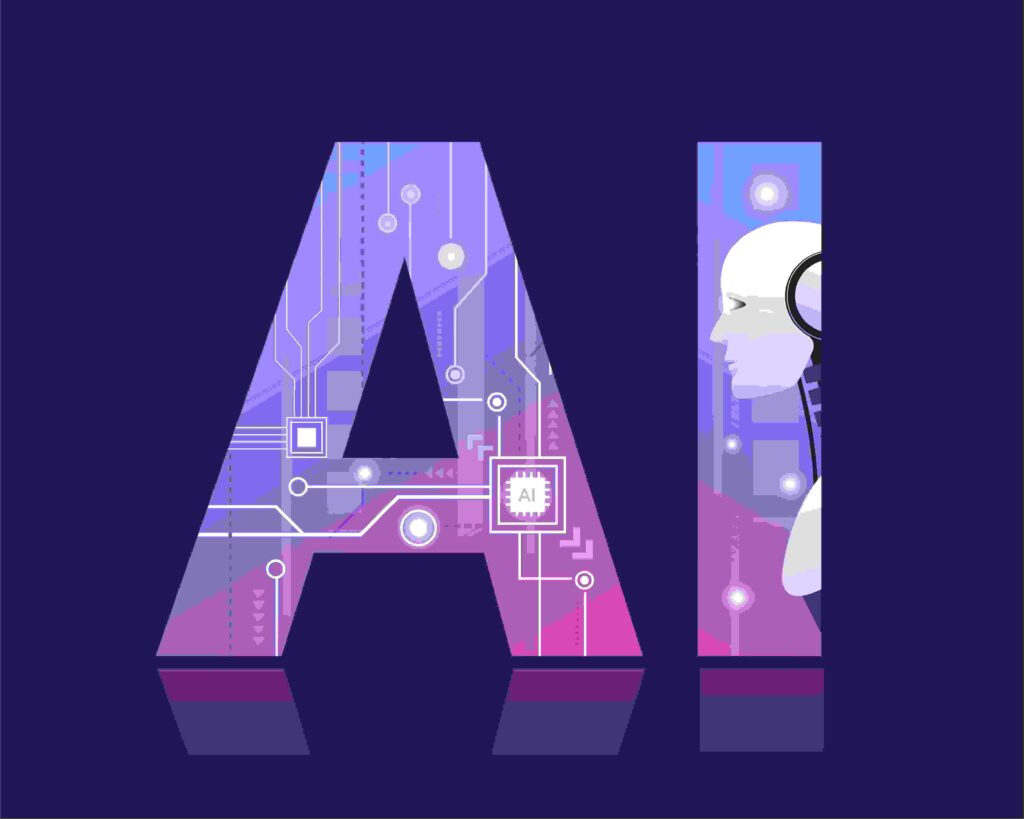The world relies heavily on undersea infrastructure, including pipelines for oil and gas transportation and fiber-optic cables for global internet connectivity. However, these vital structures face numerous threats, such as environmental degradation, accidental damage from ship anchors, and even deliberate sabotage. To tackle these challenges, AI-powered surveillance systems are being deployed to monitor, predict, and prevent potential risks. By integrating machine learning, underwater drones, and advanced sensors, AI is revolutionizing the security and maintenance of deep-sea infrastructure.
The Growing Threat to Underwater Infrastructure
Undersea cables and pipelines form the backbone of international communication and energy distribution. However, they are vulnerable to multiple threats, including:
- Natural Disasters – Earthquakes, underwater landslides, and marine erosion can damage these structures.
- Human Activity – Fishing operations, anchoring ships, and illegal activities can unintentionally cause significant harm.
- Cybersecurity Risks – Undersea data cables are a potential target for cyberattacks and espionage.
Given these challenges, traditional monitoring systems are no longer sufficient. AI is now stepping in to provide real-time tracking, automated threat detection, and predictive maintenance solutions.
How AI is Revolutionizing Deep-Sea Protection
1. AI-Powered Underwater Drones
Autonomous underwater vehicles (AUVs) equipped with AI-powered sensors are deployed to scan pipelines and cables for potential damage. These drones use machine learning algorithms to detect irregularities such as structural weaknesses, marine corrosion, and foreign objects near critical infrastructures.
2. Predictive Analytics for Maintenance
AI-driven predictive analytics can assess vast amounts of data collected from underwater sensors to anticipate potential failures before they occur. By analyzing temperature changes, pressure variations, and structural shifts, AI can forecast when a pipeline or cable may need repairs, reducing the risk of catastrophic failures.
3. Real-Time Threat Detection
Machine learning models trained on vast datasets can recognize anomalies such as unauthorized vessel movement, suspicious activities, or potential cyber threats. AI-powered surveillance systems use satellite imagery and sonar data to track ships in real time, sending alerts to security teams if any vessel enters restricted areas near underwater infrastructure.
4. AI-Driven Cybersecurity
Beyond physical threats, AI is also playing a crucial role in securing the digital data flowing through undersea cables. Advanced AI algorithms can monitor network traffic for unusual patterns, detect potential cyber intrusions, and prevent data breaches before they compromise global communication networks.
The Future of AI in Oceanic Security
The future of undersea infrastructure protection lies in AI-driven automation. Upcoming advancements include:
- Swarm Robotics – Coordinated fleets of AI-controlled underwater drones will enhance real-time monitoring and threat response.
- Quantum AI in Cybersecurity – Quantum computing will strengthen the encryption and security of data transmitted through undersea cables.
- AI-Powered Self-Repairing Pipelines – Smart materials integrated with AI sensors will enable pipelines to detect and repair minor damages autonomously.
As global dependence on undersea pipelines and data cables continues to grow, safeguarding these critical infrastructures is more important than ever. AI is emerging as a game-changer in deep-sea security, offering proactive surveillance, predictive maintenance, and enhanced cybersecurity. By leveraging the power of artificial intelligence, we can ensure the uninterrupted functioning of the world’s most essential underwater networks.
Sources-
https://www.techcentral.ie/nato-deploys-ai-to-protect-vital-undersea-cables
https://www.highnorthnews.com/en/protecting-undersea-cables-artificial-intelligence
